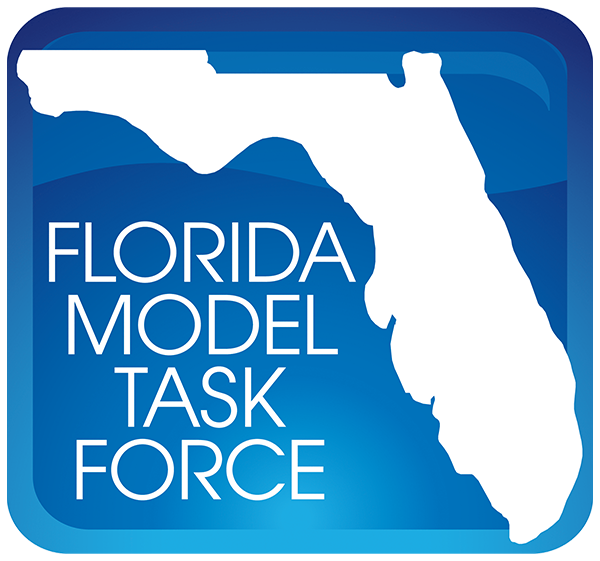

Over the past few decades, there has been a growing interest in planning for the safe, efficient, and smooth movement of goods and freight across all modes of transportation. This is because of the growing realization that freight transportation and economic development are inextricably linked to one another. Planning for the safe and efficient movement of freight is directly tied to the economic development of an area, because businesses often locate in areas where just-in-time logistics practices can be implemented effectively and reliably.
Despite the growing importance of freight transportation planning, the state of freight transportation modeling has lagged behind that of passenger transportation modeling, primarily due to the lack of data and the lack of an understanding of the modeling issues pertinent to freight transportation. In addition, freight transportation is invariably influenced by the economic, trade, and logistics activity at intermodal transportation facilities such as seaports, airports, rail terminals, truck terminals, and warehouses. However, past work in the modeling of freight transportation demand has not been able to integrate intermodal connectivity to reflect the importance of highway connectors that transport freight to and from intermodal terminals.
This research project was undertaken in response to the need to obtain detailed data about freight movements in the State of Florida and to understand the issues and model design elements associated with urban freight transportation modeling.
The objectives of the research project were to do the following:

